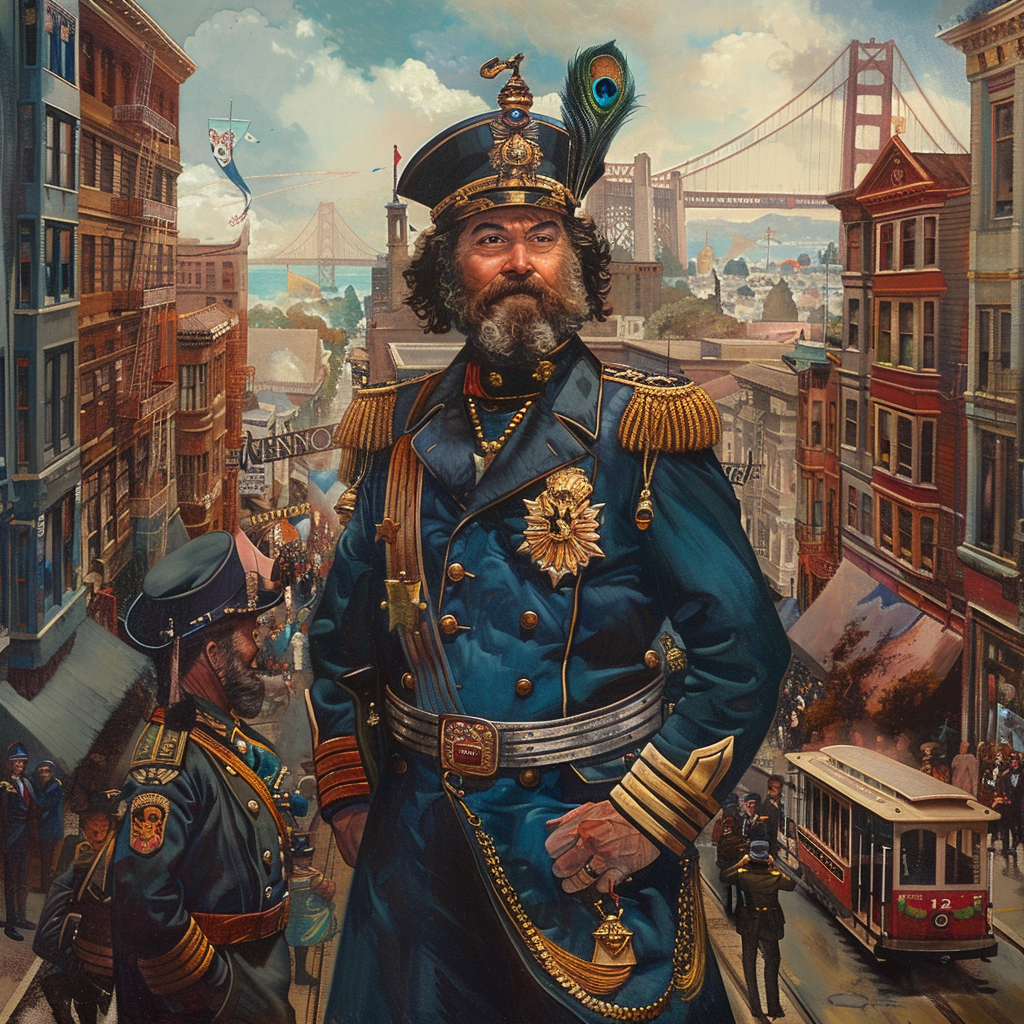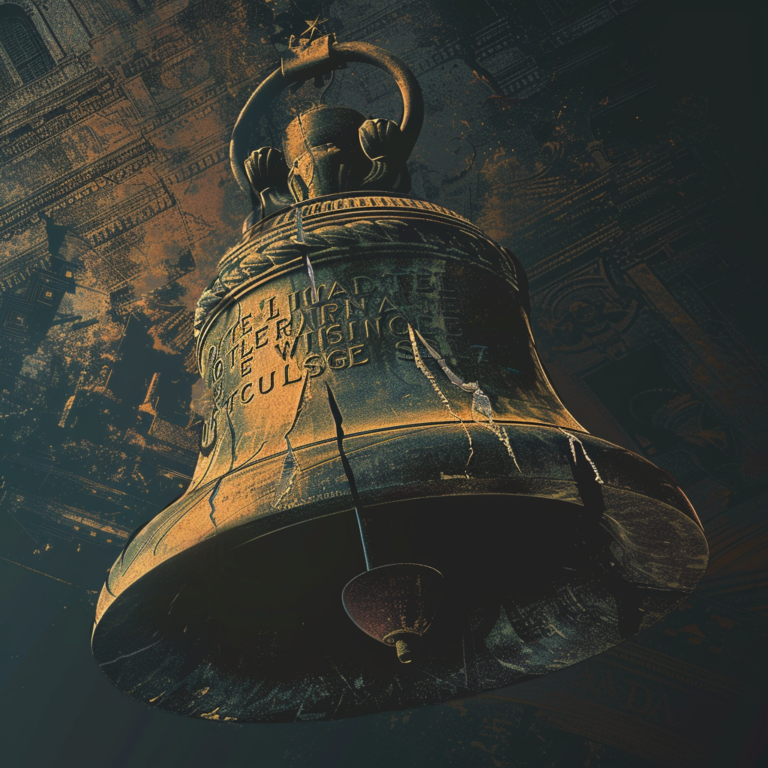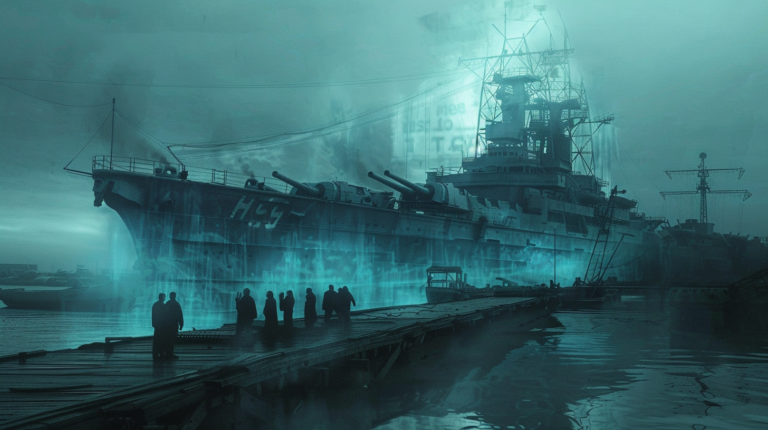The Bizarre Tale of Emperor Norton I: San Francisco’s Beloved Eccentric Ruler
In the annals of American history, few figures are as colorful and eccentric as Joshua Abraham Norton, better known as Emperor Norton I of the United States. This self-proclaimed monarch ruled over San Francisco’s streets in the late 19th century, captivating the city’s residents with his peculiar decrees and regal demeanor.
From Businessman to Emperor
Joshua Norton was born in England in 1818 and spent his early years in South Africa. In 1849, he arrived in San Francisco with a substantial inheritance, hoping to make his fortune in the booming Gold Rush economy. Initially successful as a businessman, Norton’s fortunes took a dramatic turn when he attempted to corner the rice market. This ill-fated venture left him bankrupt and seemingly drove him to the brink of madness.
On September 17, 1859, Norton made a proclamation that would change his life forever. He declared himself “Norton I, Emperor of the United States”. Later, he added the title “Protector of Mexico” to his imperial moniker. While most would dismiss such claims as the ravings of a madman, San Francisco embraced its new “emperor” with open arms.
The Emperor’s Reign
Norton’s reign was marked by a series of eccentric proclamations and decrees. He issued his own currency, which was accepted by many local businesses. The Emperor often walked the streets of San Francisco in a blue uniform with gold-plated epaulettes, carrying a sword and wearing a beaver hat adorned with a peacock feather.
Some of Norton’s most famous decrees included:
- Ordering the U.S. Congress to dissolve
- Abolishing the Democratic and Republican parties
- Demanding the construction of a bridge and tunnel system connecting San Francisco to Oakland
A Beloved Figure in San Francisco
Despite his eccentric behavior, Emperor Norton became a beloved figure in San Francisco. Restaurants reserved tables for him and provided free meals. The city’s theaters always kept a seat open for the Emperor on opening nights. Even the police saluted him as he passed by on his daily inspections of the city.
Norton’s popularity extended beyond San Francisco. Mark Twain, who lived in the city during part of Norton’s reign, was said to have based the character of the King in “The Adventures of Huckleberry Finn” on the Emperor. Robert Louis Stevenson also mentioned Norton in his 1880 essay “The Old Pacific Capital”.
Imperial Decrees and Visionary Ideas
While many of Norton’s proclamations were outlandish, some showed remarkable foresight. In 1872, he called for the formation of a League of Nations to promote world peace, decades before such an organization would come into existence. He also advocated for religious tolerance and the rights of minority groups, ideas that were ahead of their time.
One of Norton’s most famous decrees was his order to build a suspension bridge between San Francisco and Oakland. At the time, this idea seemed preposterous, but today, the San Francisco-Oakland Bay Bridge stands as a testament to Norton’s visionary thinking.
The Emperor’s Legacy
Emperor Norton I died on January 8, 1880, collapsing on a street corner while on his daily walk. News of his death spread quickly, and the next day’s San Francisco Chronicle ran the headline “Le Roi est Mort” (The King is Dead). Tens of thousands of people lined the streets for his funeral procession, a testament to the affection the city held for its eccentric emperor.
Today, Emperor Norton’s legacy lives on in San Francisco. The city has named a street after him, and his image appears on souvenirs and in local artwork. The Emperor’s Bridge Campaign, a non-profit organization, works to preserve Norton’s memory and promote his ideals of tolerance and unity.
The Power of Eccentricity and Kindness
The story of Emperor Norton I is more than just a quirky footnote in American history. It’s a testament to the power of imagination, the importance of community acceptance, and the impact one individual can have on a city’s culture.
Norton’s reign as the self-proclaimed Emperor of the United States demonstrates how a community can rally around and support even its most eccentric members. The kindness shown to Norton by San Franciscans, from free meals to respectful salutes, highlights the city’s legendary tolerance and openness.
Moreover, Norton’s story serves as a reminder that visionary ideas can come from unexpected sources. His call for a suspension bridge and a league of nations, while seeming outlandish at the time, proved to be ahead of their time.
A Royal Lesson for Modern Times
In our modern era of conformity and social media judgment, the tale of Emperor Norton I offers a refreshing perspective. It reminds us of the value of individuality, the importance of treating all members of society with dignity, and the potential for seemingly outlandish ideas to shape the future.
As we navigate our increasingly complex world, perhaps we could all benefit from channeling a bit of Emperor Norton’s spirit – embracing our eccentricities, treating others with kindness, and daring to dream big, even if our ideas seem impossible at first glance.
The legacy of Emperor Norton I continues to inspire and amuse, proving that sometimes, the most impactful rulers are the ones who never actually held any real power at all.





